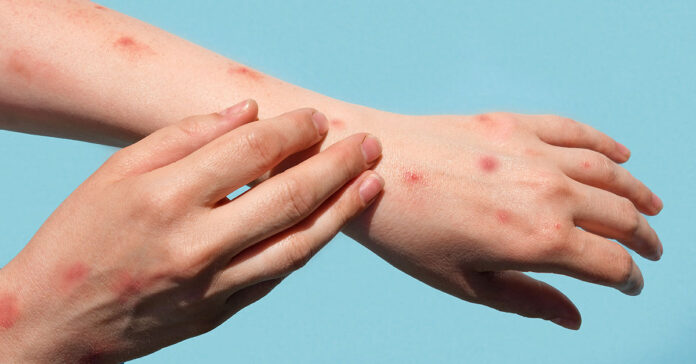Transmission of Mpox
Transmission of Mpox : A recent study by the US Centers for Disease Control and Prevention (CDC) indicates that mpox (formerly known as monkeypox) does not spread easily through the air. Unlike Covid-19, the mpox virus is not primarily transmitted via airborne particles.
Primary Transmission Methods
Mpox, caused by the Monkeypox virus—a zoonotic pathogen in the Orthopoxvirus genus—primarily spreads through close physical contact. This includes direct skin-to-skin contact, sexual activity, and other forms of close personal interaction such as kissing or face-to-face conversation, which can involve respiratory particles.
Study Findings
The CDC’s ‘Morbidity and Mortality Weekly Report’ included a study of 113 individuals with mpox who traveled on 221 flights between 2021 and 2022. The study found that none of the 1,046 passengers who came into contact with these individuals contracted the virus. This suggests that exposure risk from air travel is minimal and routine contact tracing may not be necessary.
Face-to-Face Contact
According to the World Health Organization (WHO), while face-to-face contact with someone who has mpox could potentially transmit the virus, it is considered less likely. The virus was predominantly spread through sexual contact during the 2022 outbreak.
Need for Further Research
Researchers from WHO emphasize the need for more studies to understand mpox transmission in various settings and conditions to better manage outbreaks.
Symptoms of Mpox
The primary symptom of mpox is a skin rash that progresses to pus-filled lesions, lasting between two to four weeks. Additional symptoms may include fever, headache, body aches, sore throat, cough, and swollen lymph nodes (lymphadenopathy). Individuals with mpox remain infectious until all lesions have crusted over, scabs have fallen off, and the new skin layer has fully formed. The rash may vary depending on the mpox variant, specifically clade Ib and clade II.





























